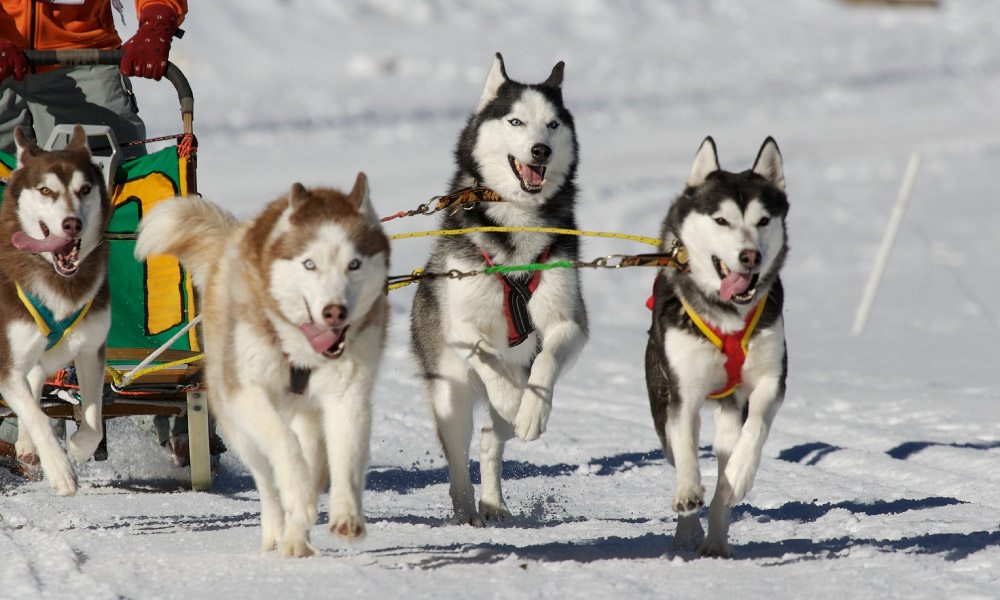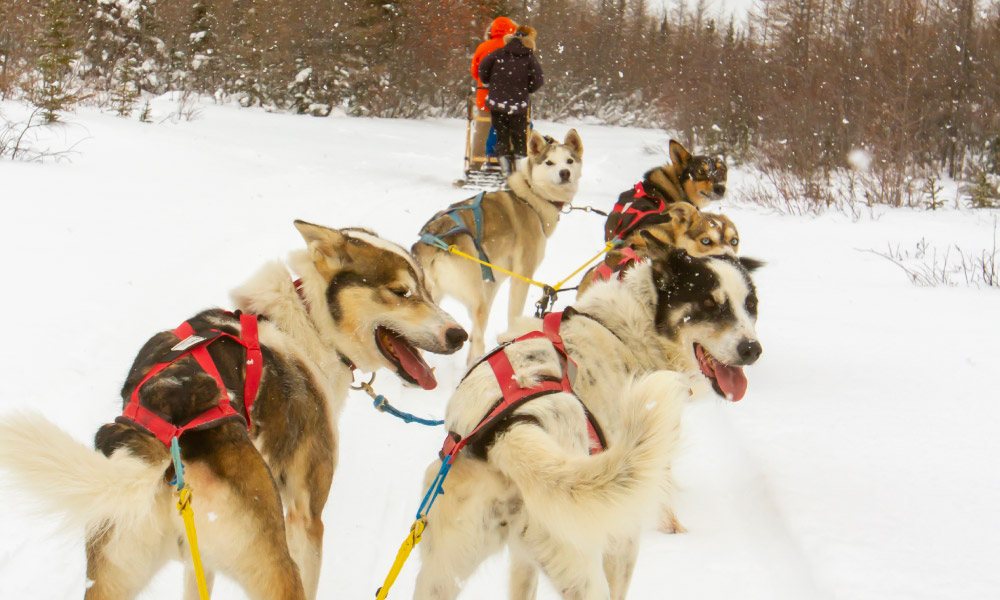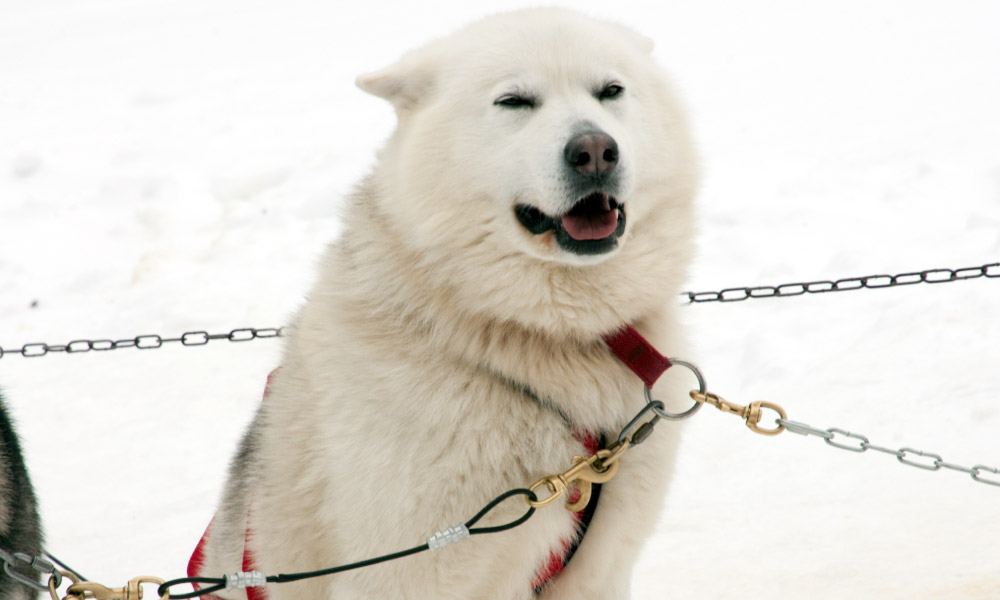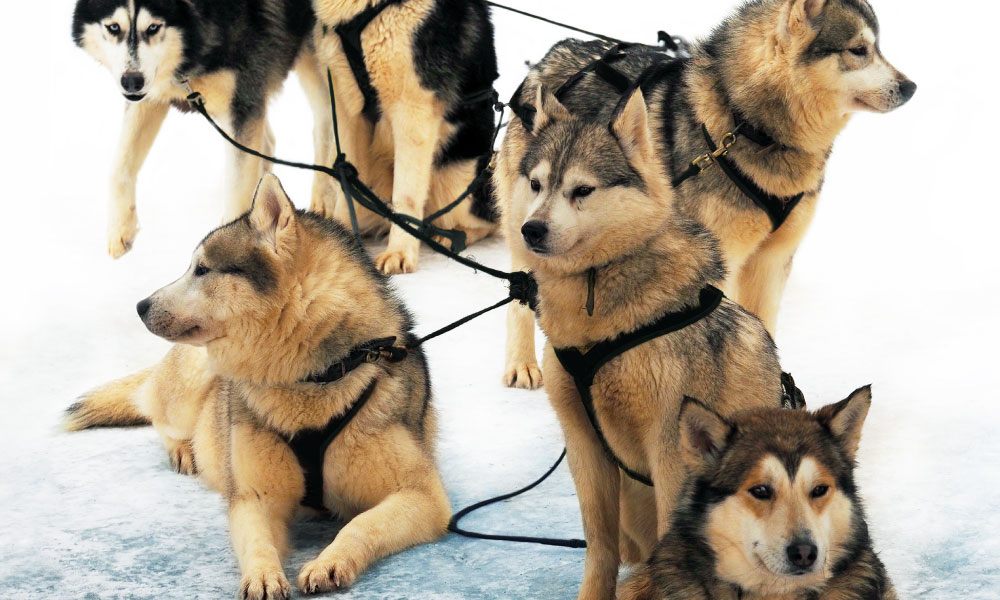New Dogs, Old Problems
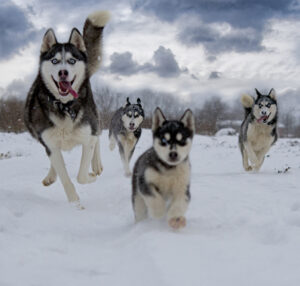
You can’t help but read articles about the challenges of “return to work” but it seems now that the pandemic is “officially” over, the conversation has shifted. The new frustration? The Generation Z workforce and how to speak to them, motivate them, accommodate them, or manage them. In the same week Korn Ferry published an article, Gen Z in the Workplace: Difficult or Different? while the Wall Street Journal published an article “New Grads Have No Idea how to Behave in the Office” (apologies for the various paywalls).
This is not a new topic: March of 2013, the Wall Street Journal wrote an article, “At Work: Recent College Grads Lack Professionalism,” commenting on the Millennials cohort, proffering a variety of complaints and observations. In my blog post titled “Mushing Millenials” from 2013, I went to some length to examine these complains and provide prescriptive recommendations as to how to overcome any challenges employers face. Ten years later, the truth is — the challenges of a global pandemic notwithstanding — in order for businesses to thrive and survive, there will always be a need to bring fresh-faced, ambitious, often alien-seeming young executives into the workforce. 2023, 2013, 2003, 1993, and my own vintage, 1983 — whatever the decade — one of our most important responsibilities as executive leaders is to listen to this cohort, try to understand what motivates them, and convince them to belong to the larger organization. In other words, how to foster followership.
Socrates was known to say “If the whole world depends on today’s youth, I can’t see the world lasting another 100 years”; yet, here we are some 2,400 years later, still expressing our doubts! Why, and how, have society and business survived the young?
Just as in dog sledding, the old dogs do in fact provide behavioral models for the younger dogs. The younger dogs have tremendous strength and stamina, and possess an excitement about wanting to make a contribution. In dog sledding, the harness – that is, the management apparatus — provides a physical sort of control so the younger dogs can learn how to participate in the pulling of the sled. As I commented a decade ago: “Clearly, the key to bridging the gap between newer and older workers is explicitness [in expectations by both parties]”; yet, remember that during the pandemic, video conferencing was the (arguably weak) proxy for management. Explicitness is the harness! Post pandemic, our collective responsibility as managers is to harness (pun intended) all the energy, ambition, and promise of this next generation: let’s commit to understanding who and what Generation Z is all about, show them the way, and get them excited about the journey ahead.
New? Start here.
Stay in the Know
Sign-up to get our latest articles delivered right to your Inbox.
"*" indicates required fields
